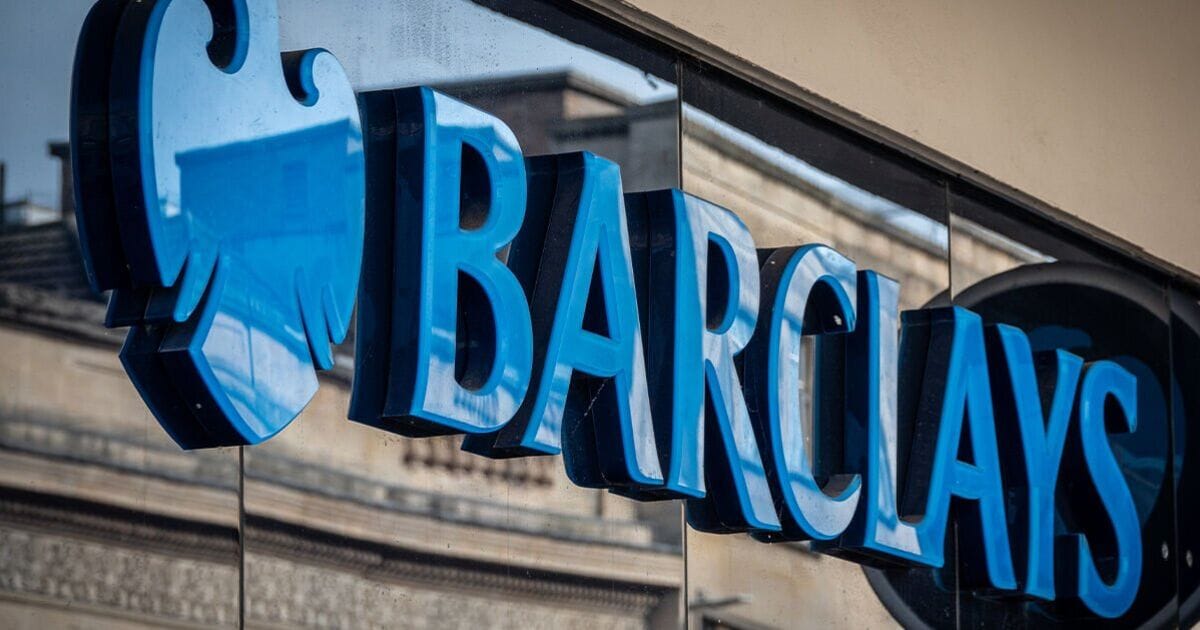The number of blue badges registered on the UK roads has reached a record high, with more than five percent of the country’s population qualifying for one.
According to data from the Department for Transport (DfT) and the RAC Foundation, there were 2.84 million blue badges in use during March 2024 – an increase of 10.5 percent in 12 months.
As a result, 4.9 percent of the UK population currently holds the badge that can get them into disabled parking spaces, which are often located closer to attractions and venues in order to minimise the risk of crossing busy car parks or having to walk long distances to reach their destination.
In many cases, holding a blue badge also means that motorists do not have to pay for their parking and could also allow drivers to become exempt from paying road tax.
Motorists in the capital who hold a blue badge are also excused from paying the congestion charge, allowing them to save £15 per day that they enter central London.
Whilst drivers in London could arguably get the most benefit from one, the capital has the lowest number of blue badges per capita in the UK, with 3.3 percent of residents holding one. In comparison, the North East has the highest rate in the country at 5.8 percent.
One of the most significant reasons for the sharp rise in blue badges is due to rules surrounding eligibility criteria changing in 2019.
The alteration made motorists and passengers with non-visible disabilities, such as dementia, epilepsy, and Parkinson’s. As of March 2024, around four percent of blue badges were held by drivers with non-visible disabilities.
With the number of blue badges on the rise, Steve Gooding, Director of the RAC Foundation, urged drivers who do not hold a permit to avoid parking in disabled spaces.
He advised: “With parking spaces often at a premium in places like retail parks and supermarkets it might be tempting to occupy a disabled bay – maybe just for a few minutes.
“But we should remind ourselves that one day we could be the ones reliant on the easier access that blue badges are there to provide.”
In some cases, the disabled spaces of a car park may be the only slots free in the area, with some drivers being tempted to use one for a short while.
However, even if it features white markings, which means it is not legally enforced, drivers could be blocking blue badge holders from accessing their destination.
Moreover, those who fail to show a valid blue badge whilst parked in a yellow disabled space can receive a penalty charge notice (PCN) of up to £60, which could increase to a maximum of £100 if it is not paid within 14 days.







Leave a comment